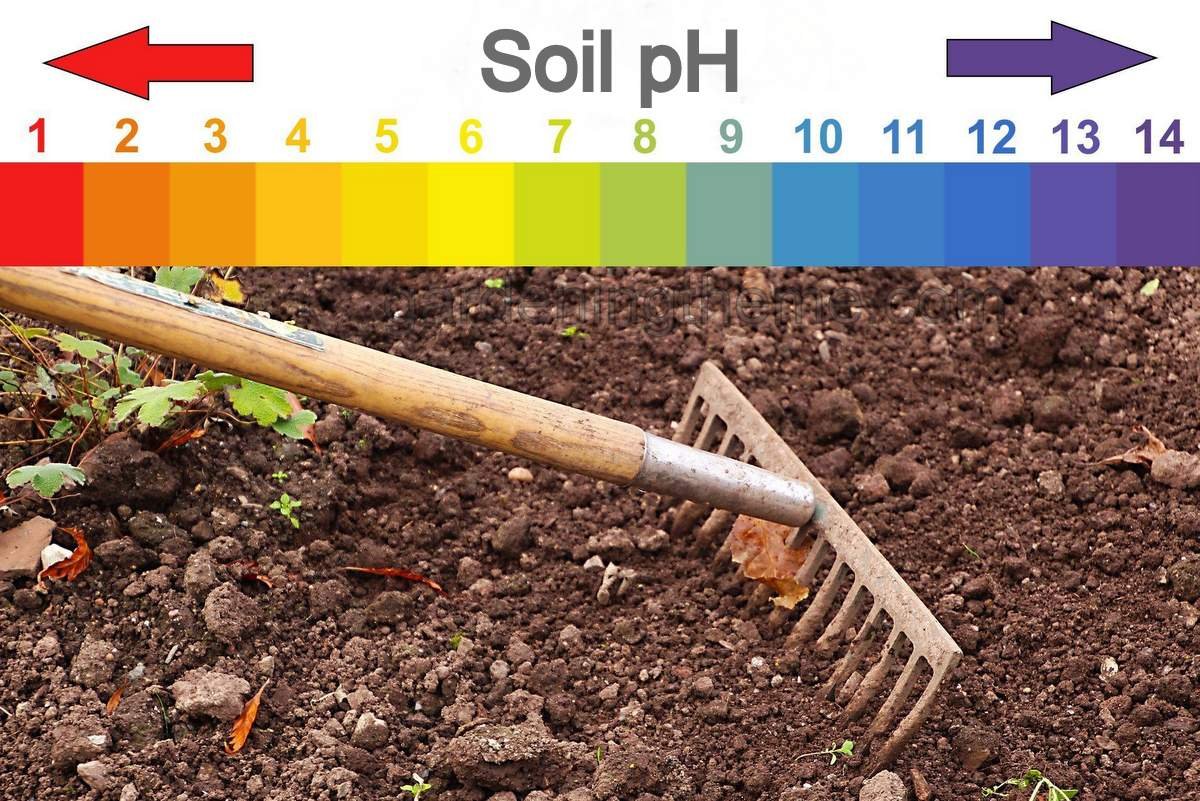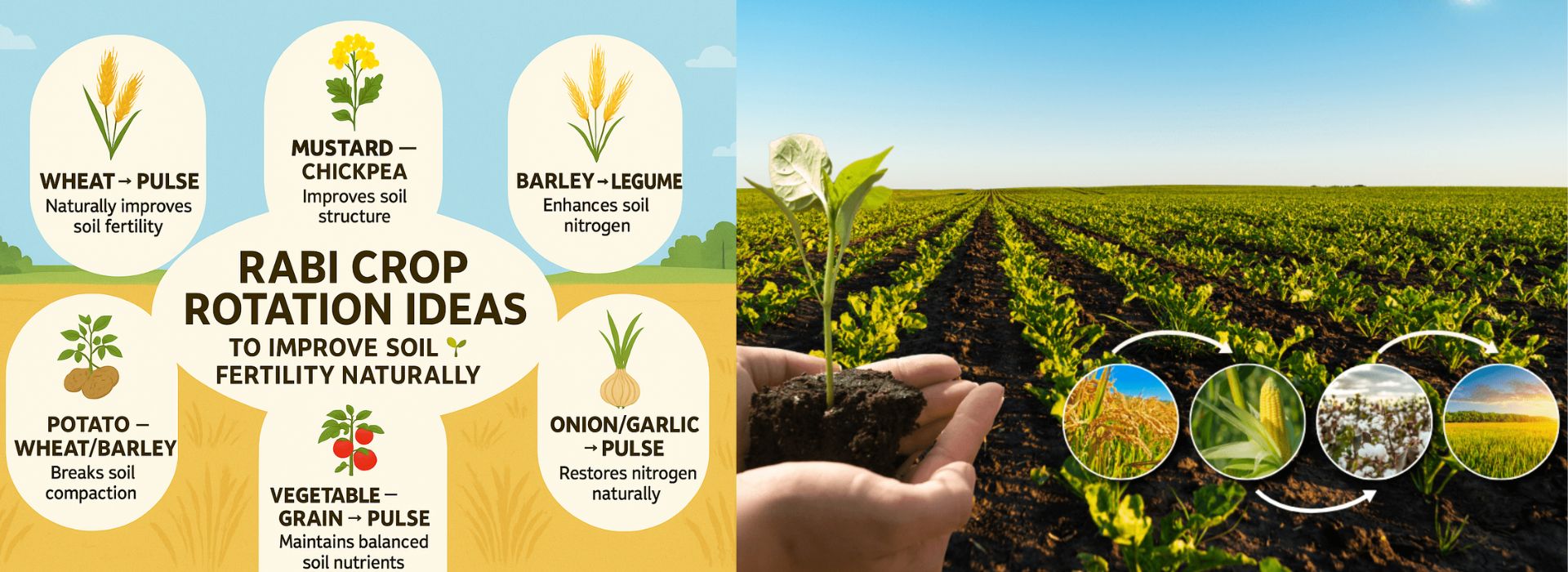The Role of Soil pH in Agriculture
January 25, 2024Soil is a fundamental component of the Earth's ecosystem, serving as the foundation for plant growth and sustenance. One of the key factors influencing soil health and productivity is its pH level. pH is a measure of the acidity or alkalinity of the soil, and it plays a crucial role in determining the availability of essential nutrients for plants. In this blog, we will delve into the significance of soil pH in agriculture and explore effective management practices to optimize crop growth.
Understanding Soil pH: The pH scale ranges from 0 to 14, with 7 considered neutral. A pH below 7 indicates acidity, while a pH above 7 signifies alkalinity. Most crops thrive in slightly acidic to neutral soils, with a pH range of 6 to 7.5. However, certain plants may have specific pH preferences, and understanding these requirements is essential for successful crop cultivation.
Effects of Soil pH on Nutrient Availability: Soil pH significantly influences the availability of essential nutrients for plants. Different nutrients exhibit varying levels of solubility across the pH spectrum. For example:
Nitrogen (N), Phosphorus (P), and Potassium (K): These primary nutrients are generally available to plants in a wider pH range.
However, extreme pH levels can affect their solubility and uptake.
Micronutrients (Iron, Zinc, Manganese, Copper, Boron, and Molybdenum): The availability of micronutrients is highly pH-dependent. Acidic soils may lead to the accumulation of toxic levels of certain elements, while alkaline soils can result in micronutrient deficiencies.
Soil pH Management:
Soil Testing: Regular soil testing is the foundation of effective pH management. Testing provides valuable information about the current pH levels and nutrient status of the soil.
Lime Application: In acidic soils, the application of agricultural lime (calcium carbonate) helps neutralize acidity. Lime also provides essential calcium, promoting root development and overall plant health.
Sulfur Application: To lower soil pH in alkaline soils, elemental sulfur can be added. Microorganisms in the soil convert sulfur into sulfuric acid, gradually reducing alkalinity.
Organic Matter Incorporation: Organic matter acts as a buffer, helping to maintain a stable pH. Incorporating organic materials like compost can improve soil structure and enhance nutrient availability.
Crop Selection: Choosing crops that are well-suited to the existing soil pH can minimize the need for amendments. Some plants, such as blueberries, prefer acidic soils, while others, like alfalfa, thrive in alkaline conditions.
At krishibazaar.in, you can find and buy various agricultural products. For agricultural guidance on selecting the most suitable products for your crops, please contact or WhatsApp at +917887880887.






Guest reviews
No reviews found for this Blog